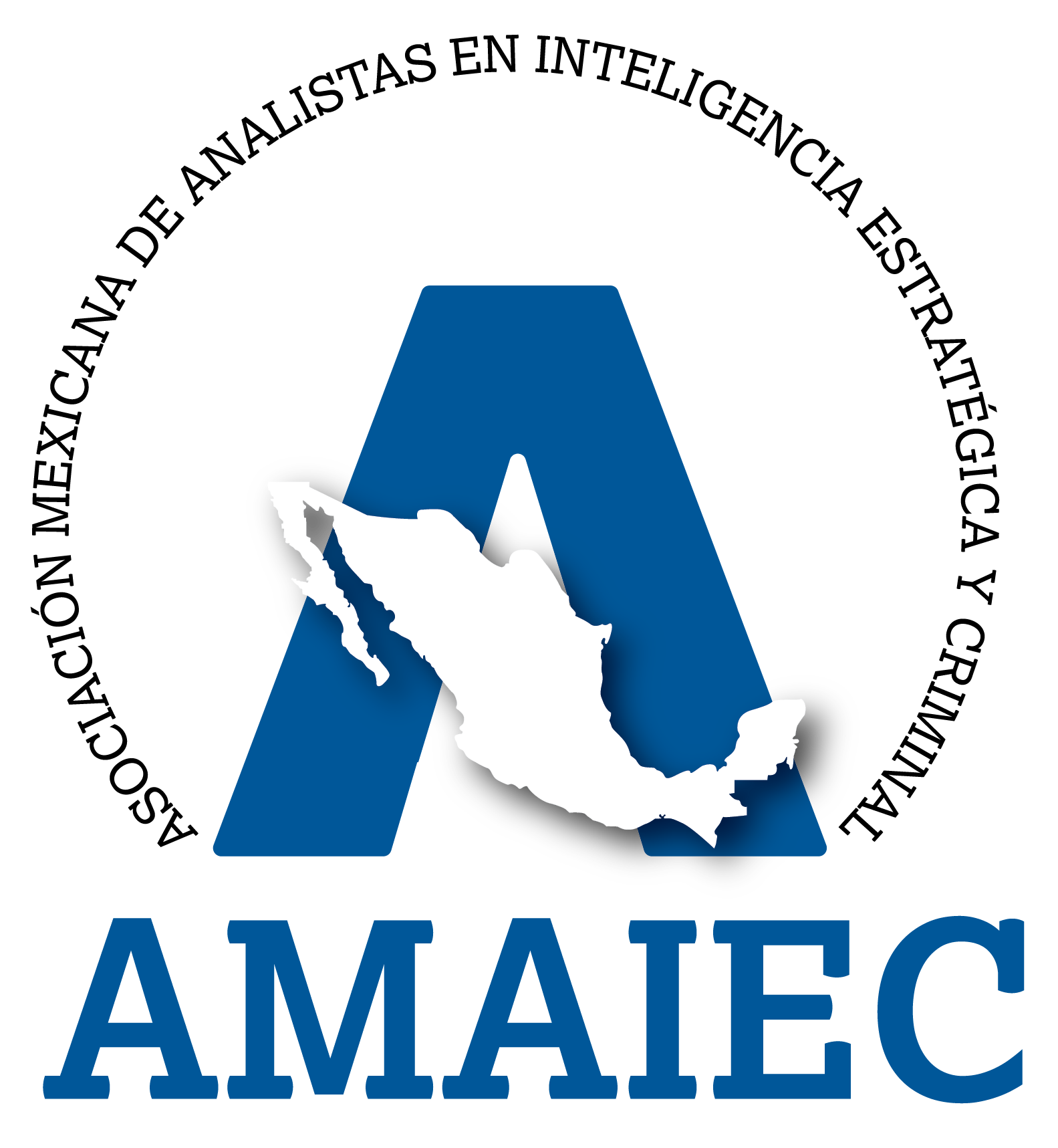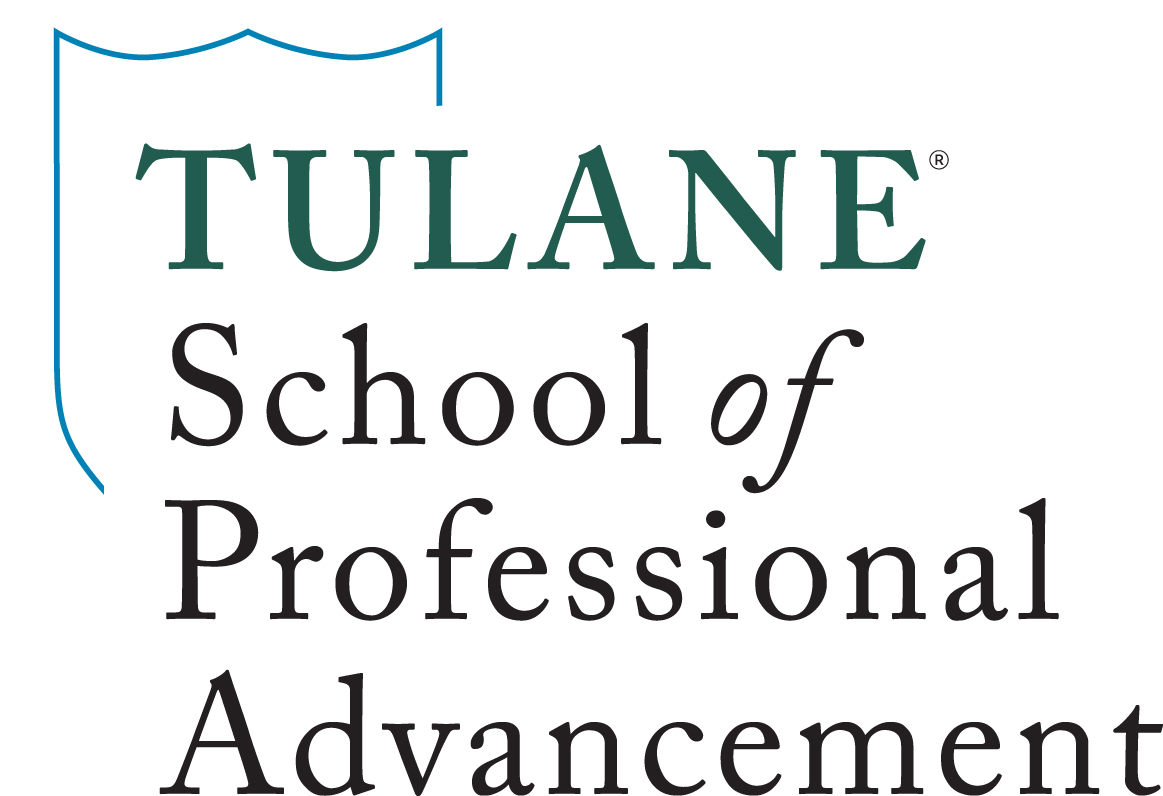Our Academic Institution Members
British Columbia Institute of Technology (BCIT) offers the most comprehensive Forensic Science programming in Canada with courses and programs that cover crime and intelligence analysis, digital forensics and cybersecurity, forensic science, fraud and financial crime investigation, and forensic health sciences. Professional development opportunities include courses, microcredentialls, advanced certificates, and degrees. many of our courses are offered online and some programs can be completed remotely, with multiple intakes per year. Learn more at BCIT Forensic Science and Technology.

Our online graduate certificates in intelligence analysis or tactical criminal analysis provide an advanced theoretical and applied framework for the study of intelligence in a wide range of contexts, including business, finance and law enforcement. Each 15-credit, five-course online program is designed to provide the applied skills to function successfully as an analyst and earn a pathway towards a master’s degree in the field. Graduates will possess the skills to critically scrutinize unstructured and often ambiguous data within a variety of competitive, security and criminal contexts such as finance and banking, crime and organized crime, and security and terrorism.

The Mexican Association of Strategic and Criminal Intelligence Analysts offers courses in basic intelligence, criminal intelligence, intelligence for corporate security, electoral intelligence, and intelligence for missing persons. Our mission is to provide the analytical tools that allow a solid professional development, with the recognition of the authorities in Mexico and under international standards of intelligence disciplines.



Guided by Salve Regina's mercy mission, our criminal justice and cybersecurity program prepares students to serve their communities with empathy and compassion. Beyond the master’s degree, we also offer graduate certificates in intelligence and analysis tradecraft, cyberthreat management and response, and leadership in justice, allowing professionals to further specialize and expand their expertise
Tulane University School of Professional Advancement (Tulane SoPA) has extended the resources of Tulane University to working adults for more than 130 years. Tulane SoPA offers undergraduate and master’s degrees and certificate programs in applied fields including Information Technology, Education, Business & Leadership Studies, Media + Design, Emergency & Security Studies, General Legal Studies, Humanities & Social Sciences, Kinesiology, and Public Administration.
Tulane SoPA’s academic offerings are tailored to meet the unique needs of law enforcement and intelligence professionals. With a focus on practical applications and real-world scenarios, the courses are designed to equip students with skills and knowledge they can immediately apply in their careers.
Additionally, faculty are working professionals and experts in their respective fields. They bring a wealth of experience to the classroom, offering students valuable insights and mentorship from those who understand the challenges and opportunities within the law enforcement and intelligence community.
Thanks to a new partnership with the Tulane SoPA, all IALEIA members in good standing now receive an exclusive 20% tuition discount on degrees and certificates offered by Tulane SoPA. For more information about the partnership and how IALEIA members can take advantage of these benefits, please visit our financial assistance page or email asksopa@tulane.edu.


